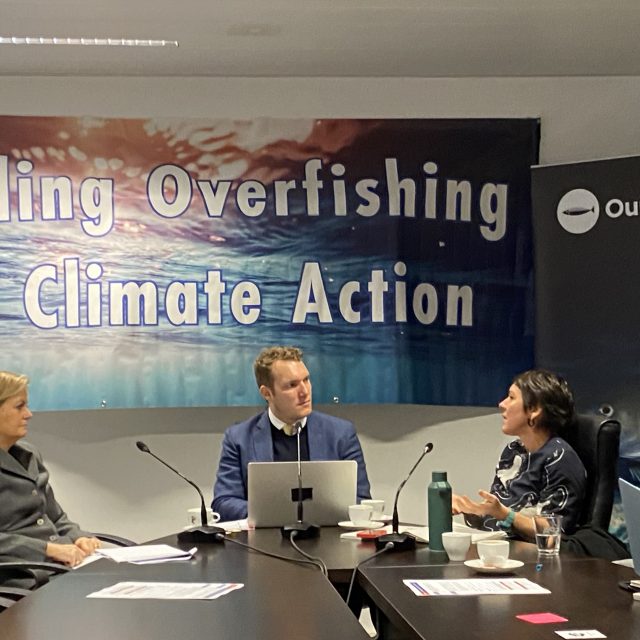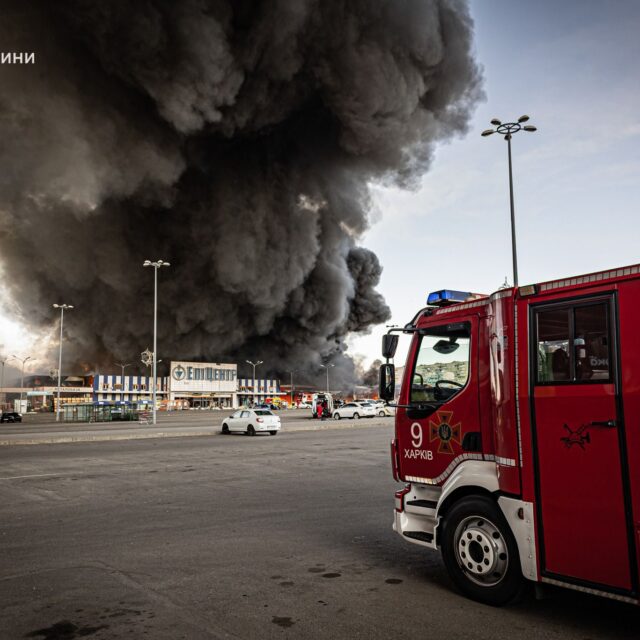|
Photo by Boris Smokrovic on Unsplash The EU has thrown its weight behind efforts to support marginalised people. This is timed to coincide with This year’s International Day of the World’s Indigenous Peoples (Friday 8 August). Brussels says the event is about shaping futures and defending rights. This was the message on Friday from Kaja Kallas, the EU High Representative of the Union for Foreign Affairs and Security Policy. The former MEP said, “Artificial Intelligence holds tremendous transformative power for our societies, economies, and systems of governance, as long as it is used in a responsible, sustainable, ethical, and inclusive way.” “AI is already reshaping the world, and its impact — both positive and negative — on the rights of Indigenous Peoples cannot be ignored.” The top official added, “Despite their rich histories and cultures, many Indigenous Peoples remain among the world’s most marginalised.” “They face increasing threats: growing competition for land and natural resources, driven by climate change; and the risk of losing ownership and control over their cultural knowledge, traditional practices, and historical information in the context of the digital age.” Shwent on to say, “In this context, the EU continues to fund the Indigenous Navigator, an open-source, community-based data collection system and mapping tool managed by Indigenous Peoples for Indigenous Peoples.” “The data they collect empowers Indigenous Peoples’ and their communities and supports international advocacy.” “At the same time, the EU supports Indigenous representatives to participate in multilateral fora on all issues affecting them, which includes questions of data disaggregation and ownership as well as artificial intelligence.” In a statement the EU said that on the International Day of the World’s Indigenous Peoples, the European Union “reaffirms its strong commitment to support Indigenous Peoples within and beyond its borders, and to respect, protect and fulfil their rights as set out in the UN Declaration on the Rights of Indigenous Peoples (UNDRIP) and international human rights law.” |
You are here




